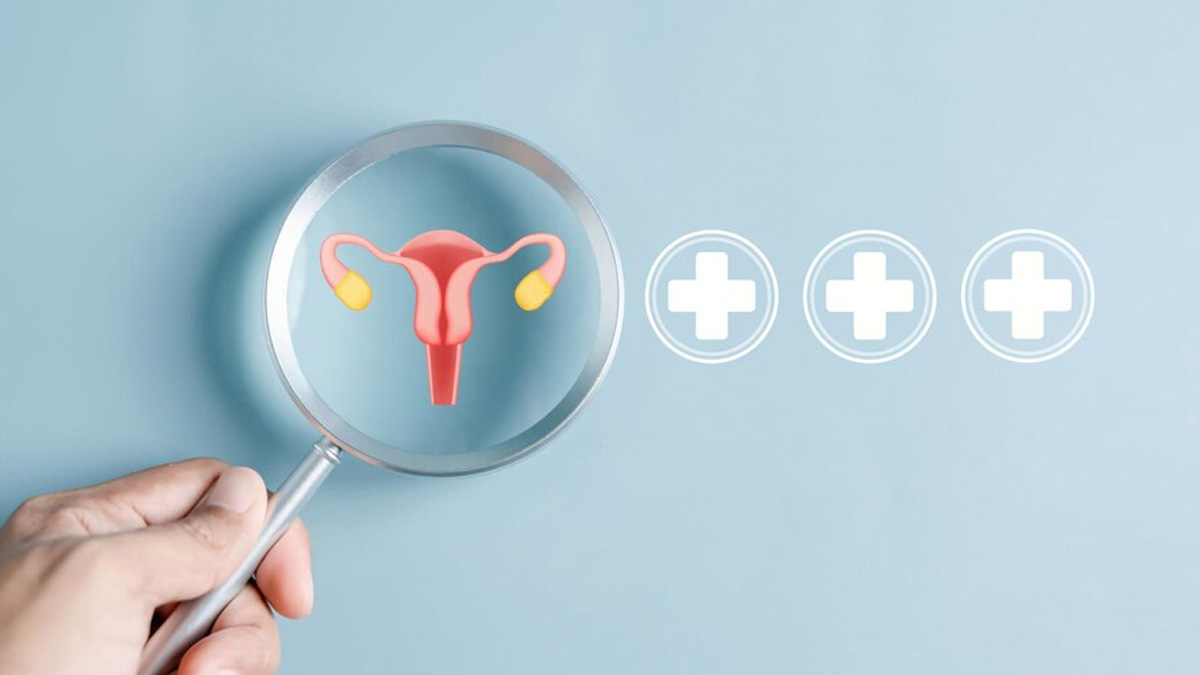
Sleep and health have a mutually dependent relationship. If one fails, it brings the other down with it. This holds for many health-related issues. Talking about women’s health, and more specifically Polycystic Ovary Syndrome (PCOS), sleep is a crucial cog that gets affected by this disease that causes hormonal imbalances and irregular periods. Talking to the OnlyMyHealth team, Dr Sibasish Dey, Head of Medical Affairs, South Asia, ResMed said that PCOS can exacerbate or develop Sleep Apnea.
Table of Content:-
Link Between PCOS And Sleep Apnea
Polycystic ovary syndrome (PCOS) is a hormonal disorder common among women of reproductive age:
- Johns Hopkins Medicine characterised it with irregular periods, excessive androgen (male hormone) levels, and small fluid-filled sacs (cysts) in the ovaries.
- PCOS can lead to fertility issues, weight gain, acne, and excess hair growth, and does not have a known cause yet.
Sleep Apnea, on the other hand, is a sleep disorder where breathing repeatedly stops and starts during sleep:
- According to the National Heart, Lung, and Blood Institute, the symptoms of Sleep Apnea include loud snoring, daytime sleepiness, and difficulty concentrating.
- It can lead to serious health issues like high blood pressure and heart problems if left untreated.

“PCOS and Sleep Apnea share a complex relationship rooted in hormonal imbalances and physiological disruptions,” said Dr Dey. One such disruption paves the way for metabolic disorders like Obesity and Insulin Resistance, which “May contribute to Obstructive Sleep Apnea (OSA), the most common sleep disorder in women suffering from PCOS,” he added.
Dr Dey listed some symptoms and consequences of OSA due to PCOS:
- Disrupted sleep patterns
- Unexplained fatigue
- Body ache
- Mood disturbances
- Mood swings
- Delayed reaction times
- Diminished neuro-cognitive function
“These symptoms not only hinder the quality of life but also increase the risk of cardiovascular complications, systemic inflammation, and Type 2 Diabetes Mellitus,” he explained.
Obstructive Sleep Apnea Risk Factors
As Dr Dey pointed out, PCOS is linked to several factors that can contribute to or exacerbate OSA. Here’s a deeper look at the PCOS-related risk factors of OSA that he mentioned:
Also Read: Housing.com CEO Sheds 71Kg In 2 Years, Expert Shares How Excess Weight Worsens Sleep Apnea

Obesity
Many women with PCOS experience weight gain, particularly around the abdomen. A Brussels, Belgium-based study that assessed the risk factors of OSA found obesity to be a significant risk factor because excess fat can lead to the narrowing of the airway, making it more likely to collapse during sleep and causing breathing difficulties.
Metabolic Disorders
PCOS is often accompanied by metabolic disorders such as dyslipidemia (abnormal lipid levels), hypertension (high blood pressure), and glucose intolerance. The same study mentioned above found that these conditions are not only linked to obesity but also independently associated with an increased risk of OSA.
Hormonal Imbalance
PCOS is characterised by hormonal imbalances, including elevated levels of androgens (male hormones) such as testosterone. These hormonal fluctuations can affect sleep patterns and contribute to the development of sleep disturbances like OSA. A study published by Spandidos Publications found this to be the reason why OSA is common among men and menopausal women.
Insulin Resistance
Insulin resistance is common in PCOS, where the body's cells become less responsive to insulin. Calling it an important contributing factor to OSA, a study published in the Frontiers of Endocrinology shared that elevated insulin levels contribute to weight gain and metabolic disturbances. Insulin resistance is also associated with changes in respiratory control during sleep, potentially increasing the risk of OSA.
Upper Airway Changes
PCOS-related factors such as increased neck circumference (due to weight gain) and altered soft tissue composition in the upper airway can lead to anatomical changes that predispose individuals to OSA by narrowing the airway and making it more susceptible to collapse during sleep.
These interrelated factors highlight the complex relationship between PCOS and OSA, where hormonal, metabolic, and anatomical changes can collectively contribute to the development or exacerbation of sleep apnea in affected women. That is why it is essential to promptly monitor and manage not just PCOS but also Sleep Apnea to improve health outcomes and quality of life.
Also watch this video
How we keep this article up to date:
We work with experts and keep a close eye on the latest in health and wellness. Whenever there is a new research or helpful information, we update our articles with accurate and useful advice.
Current Version